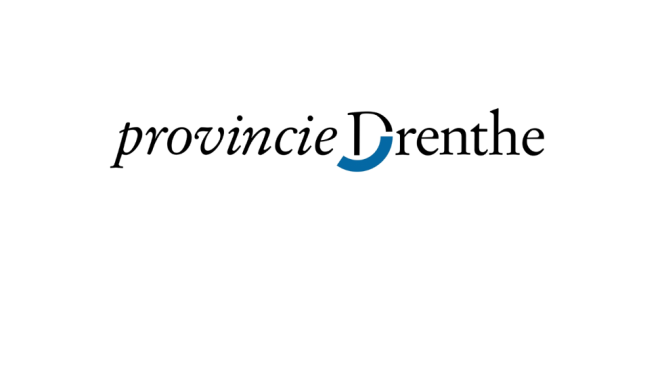March 20th marked the kick-off of Blue Transition in Drenthe. The provincial authority and waterboards Noorderzijlvest and Hunze en Aa’s joined forces at the LTO Noord Annual Meeting to present the project to regional stakeholders as a first step in the engagement process.

LTO Noord is the northern division of a national association of agricultural and horticultural entrepreneurs and employers, committed to the economic and social position of its members. LTO (The Netherlands Agricultural and Horticultural Association) effectively represents farmers’ interests at the local, regional, national and international level and is a member of COPA, the united voice of farmers in the European Union.
During this first introduction to Blue Transition, about 70 participants received a short background sketch of the project, followed by information about the design of pilots that will be carried out in the region. Meanwhile, initial contacts have been made with various groups of farmers in the designated pilot areas.

Waterboard Hunze & Aa’s
The Waterboard Hunze en Aa’s will design a climate-resilient water system that optimizes the layout of the stream valley, including nature protected and agricultural areas. To develop a strategy for short and long-term drought resistance in combination with minimized leaching of nutrients and pesticides. A monitoring system (Farm-Soil-Water-Blueprint) will be used by farmers and soil coaches to determine where measures are most needed.

Waterboard Noorderzijlvest
Because salt water from the subsoil causes salinization of the surface water, the Waterboard Noorderziljvest flushes the waterways to ensure sufficient water of adequate quality for irrigation. The current system is no longer optimal and in a second pilot Noorderzijlvest will identify bottlenecks as well as feasible solutions. Main goal is to bridge the gap between theoretical solutions and their practical applicability and effectiveness for sustainable, climate-resilient land use and water management.
In another pilot this waterboard will set up a test area around the village of Zeijen to work with enthusiastic farmers and landowners on small-scale water retention trials, including the installation of weirs, reverse drainage and soil treatment.

The Province of Drenthe
At the same time, the Province of Drenthe will focus on sustainable, innovative and robust water systems in the Veenkoloniën, a former peat area now mainly in agricultural use. The pilot will work with field labs to monitor the effectiveness of measures to make the region climate resilient. Stakeholder involvement is very important and through Blue Transition there is an opportunity for strong collaboration with land owners, research institutes, students and agribusinesses
Following these first steps, the three Dutch partners in Blue Transition are keen to progress with their plans and look forward to cooperation and exchange within the international consortium in the coming years!
